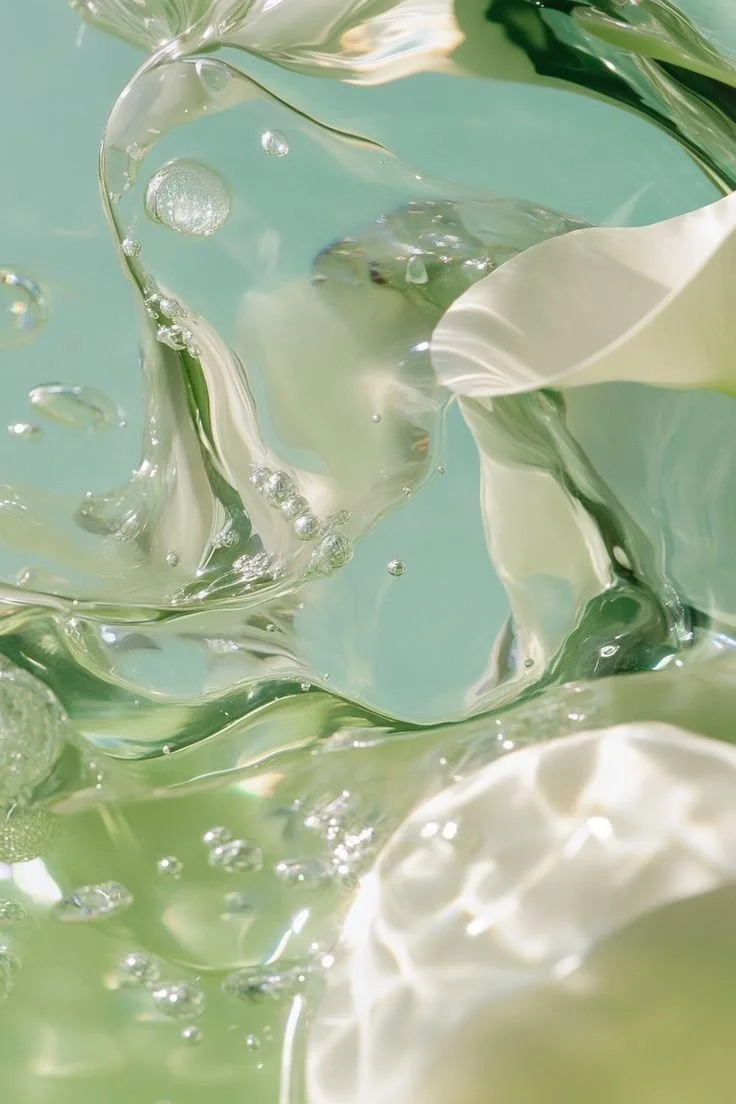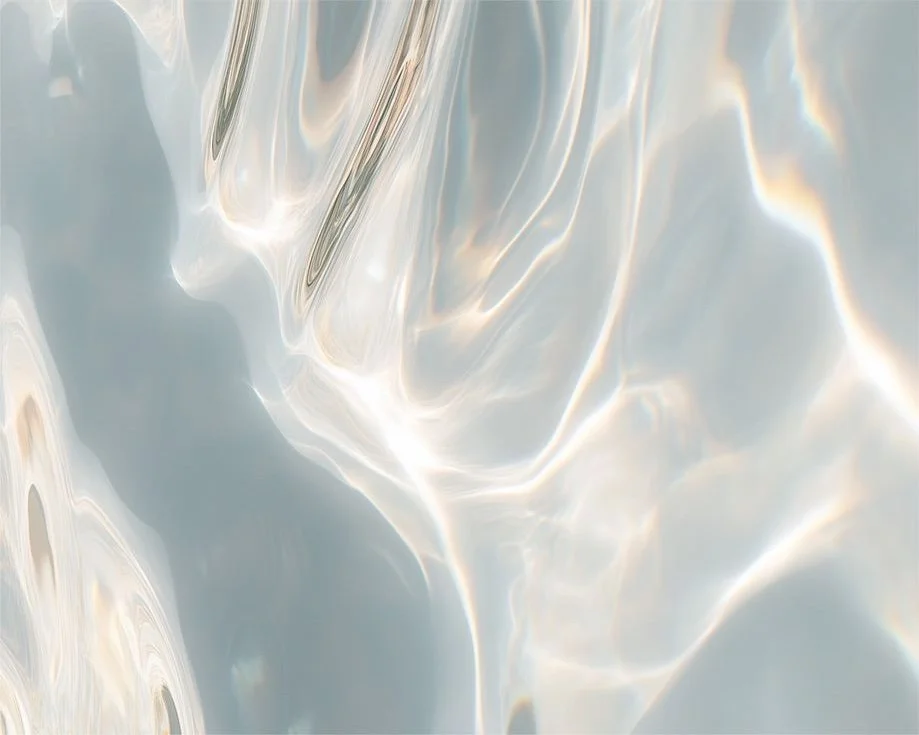Itchy Skin After Showering? Hard Water Could Be the Problem in Grand Prairie, TX
/
If you live in Grand Prairie, TX, chances are you’ve experienced it: you step out of a hot shower, dry off, and within minutes your skin feels tight, itchy, or flaky. For many homeowners, this uncomfortable cycle isn’t caused by soap, body wash, or even the weather—it’s caused by hard water.
Hard water is one of the most common water problems in North Texas, including Dallas and Grand Prairie. Beyond leaving white spots on faucets, cloudy glassware, and stubborn buildup on shower doors, hard water can take a serious toll on your skin and overall comfort. At Big Power Water Co., we provide professional water filtration and reverse osmosis services to help families eliminate these issues at the source.
What Is Hard Water and Why Does It Cause Skin Irritation?
Hard water contains a high concentration of minerals, mainly calcium and magnesium. While these minerals aren’t harmful to your health, they cause multiple problems when dissolved in tap water. When hard water mixes with soap or shampoo, it forms a sticky residue called soap scum.
Instead of rinsing off cleanly, this residue clings to your skin, clogging pores and stripping away natural oils that keep skin hydrated. Without those oils, your skin feels dry, itchy, and uncomfortable. This explains why so many residents in Grand Prairie complain about constant dryness and irritation despite using moisturisers daily.
Signs Hard Water Is Affecting Your Skin
Wondering if hard water is the reason behind your post-shower discomfort? Some of the most common symptoms include:
Persistent dry and itchy skin after bathing
Skin that feels tight and rough immediately after drying off
Redness, bumps, or irritation that won’t go away
Worsening of conditions like eczema or psoriasis
Frequent razor burn and shaving bumps due to increased sensitivity
If you notice these symptoms regularly, it’s a strong sign that the water in your Grand Prairie home is too hard.
The Hidden Long-Term Effects of Hard Water
The damage caused by hard water goes beyond a little dryness. Over time, the minerals in your shower water can:
Accelerate ageing of the skin by consistently stripping moisture
Increase breakouts in acne-prone skin by clogging pores with residue
Trigger flare-ups in people with eczema, psoriasis, or dermatitis
Make skin more sensitive and reactive to soaps, lotions, and shaving products
These aren’t just cosmetic concerns—they affect your daily comfort, confidence, and quality of life.
Why Skincare Products Alone Won’t Solve the Problem
Many homeowners try to treat the effects of hard water with body lotions, medicated creams, or expensive soaps. While these products may provide temporary relief, they don’t fix the underlying issue. As long as your water supply is filled with minerals, you’ll continue to battle dryness and irritation after every shower.
This is why the most effective solution isn’t adding more products, it’s changing the water itself.
How Water Filtration and Reverse Osmosis Help
At Big Power Water Co., we specialise in water filtration and reverse osmosis systems designed to treat hard water in Grand Prairie and Dallas, TX. By removing the minerals responsible for soap scum and dryness, our systems give you softer, cleaner water throughout your home.
Benefits for Your Skin and Home:
Healthier Skin: No more tight, itchy, or flaky skin after showering.
Fewer Flare-Ups: Relief from eczema, psoriasis, and sensitive skin irritation.
Pore-Friendly Showers: Soap rinses away cleanly, preventing clogged pores and breakouts.
Better Shaving: Reduced razor burn and smoother results.
Overall Comfort: Softer water feels smoother and more refreshing on the skin.
But the benefits don’t stop there. Water softening and reverse osmosis also make your hair shinier, extend the life of your plumbing, reduce soap and shampoo use, and keep your showers and sinks free from stubborn white residue.
Why Grand Prairie Homes Struggle with Hard Water
Hard water is especially common in North Texas, including Grand Prairie, Dallas, Arlington, and surrounding areas. The naturally occurring limestone and rock formations in the region contribute to higher mineral content in municipal water supplies.
This means that unless you’ve installed a whole-home water filtration system, you’re almost certainly bathing in hard water. And because the minerals are dissolved, you can’t see them, but your skin definitely feels the effects.
Reverse Osmosis vs. Filtration: What’s Right for You?
Both water filtration systems and reverse osmosis (RO) systems are excellent solutions for homeowners dealing with itchy skin caused by hard water.
Water Filtration Systems: Designed to reduce hardness minerals and improve overall water quality for your entire home.
Reverse Osmosis Systems: Provide the purest drinking and bathing water by filtering out minerals, chemicals, and impurities at a microscopic level.
Many homeowners in Grand Prairie, TX choose a combination of both, a whole-home filtration system paired with reverse osmosis for drinking water, to ensure the cleanest, healthiest water possible.
Why Choose Big Power Water Co. in Grand Prairie, TX?
Choosing the right water treatment company is just as important as choosing the right system. At Big Power Water Co., we pride ourselves on being the trusted choice for families across Grand Prairie and Dallas County.
Here’s why homeowners trust us:
Local experts who understand North Texas water hardness
Free, professional water testing to identify your home’s specific needs
High-quality systems built for long-lasting performance
Expert installation and ongoing support
Solutions tailored for skin health, plumbing protection, and whole-home comfort
Take the First Step Toward Healthier Skin
If you’re tired of dealing with itchy, irritated skin after every shower, it’s time to take action. Instead of masking the symptoms with expensive lotions, treat the problem at the source with water filtration and reverse osmosis solutions from Big Power Water Co.
Don’t let hard water ruin your showers; experience the difference clean, soft water makes.





